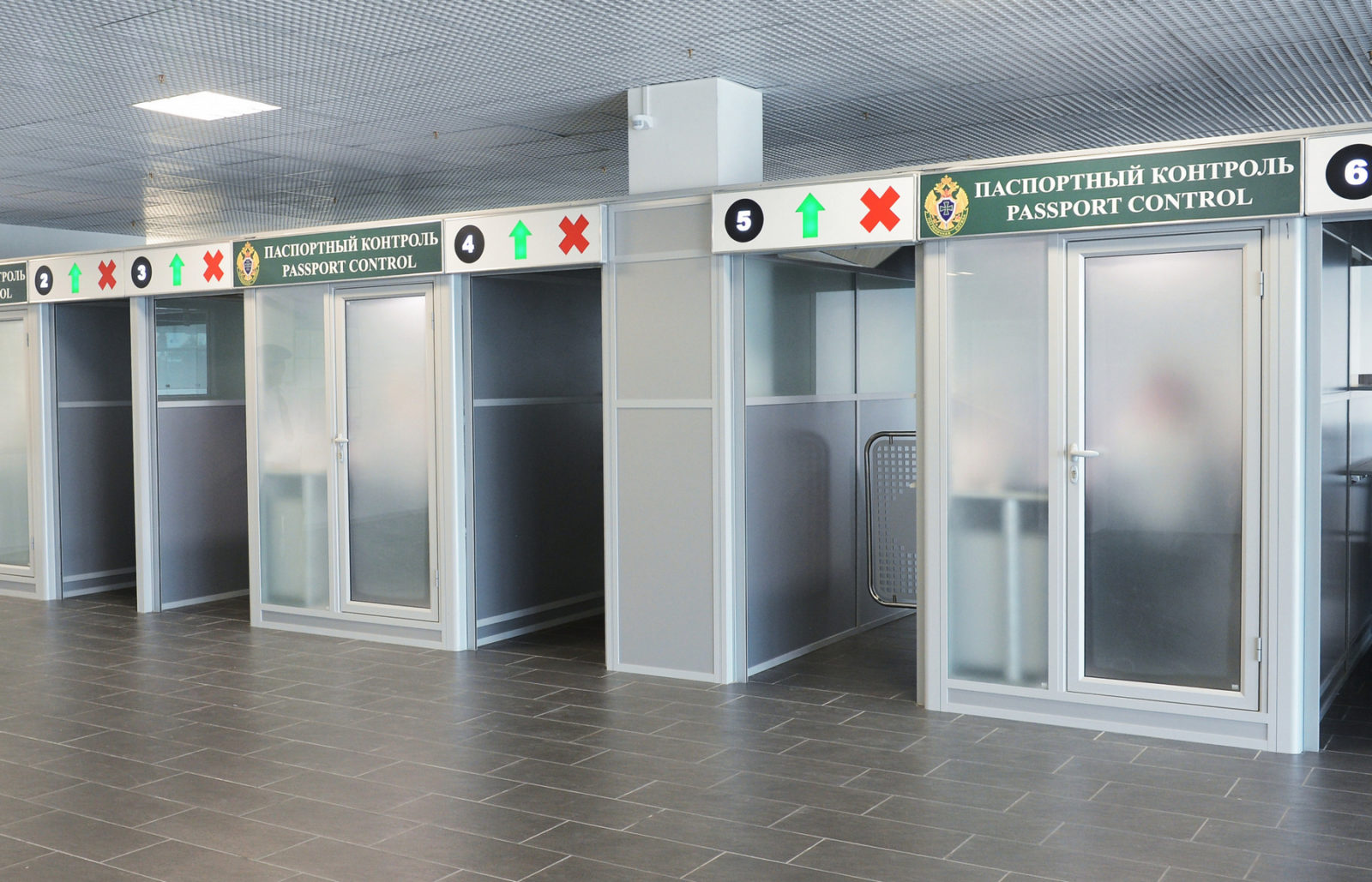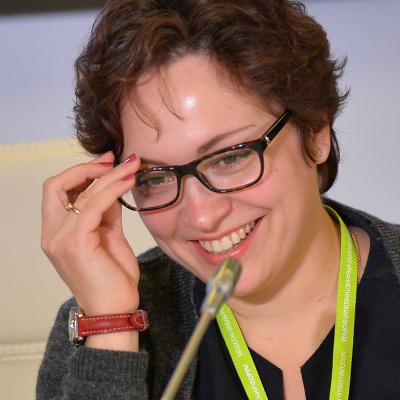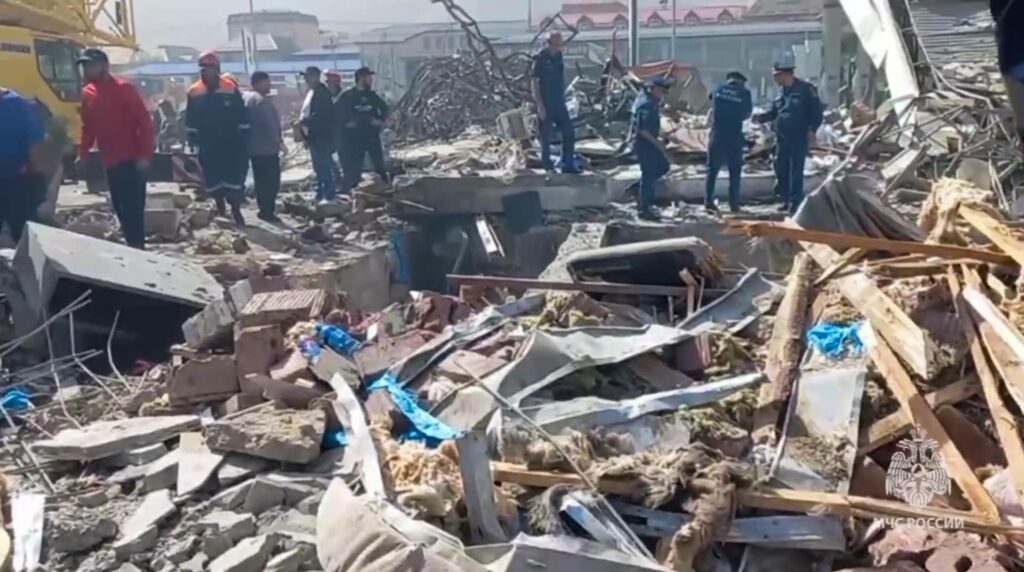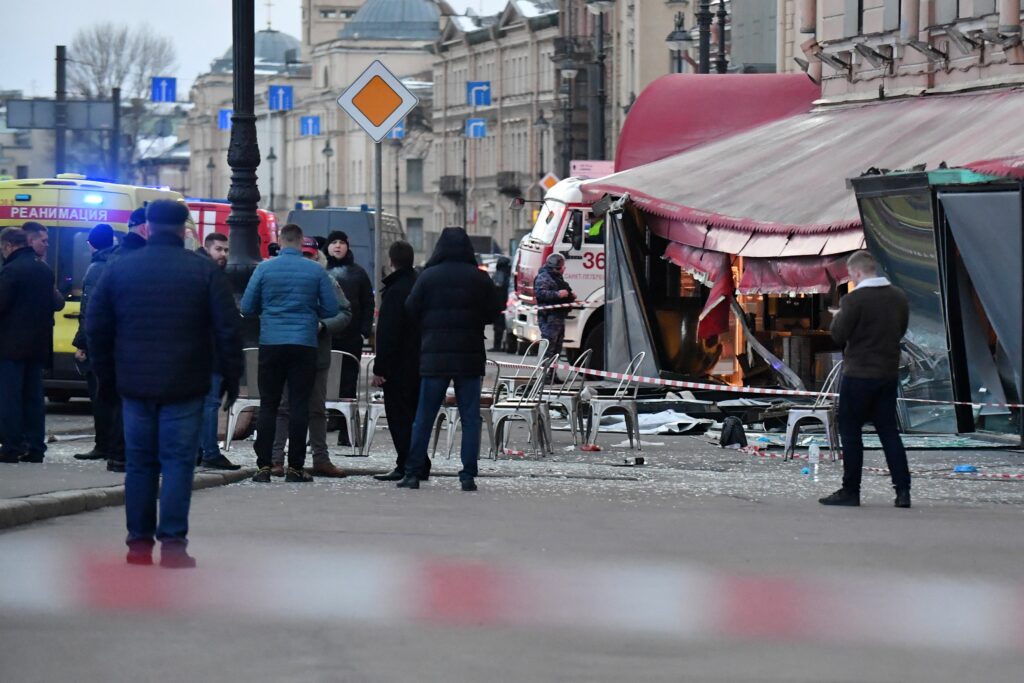The notion of a “national security threat” is gaining political traction among those who set Russia’s migration policy. Judicial and non-judicial authorities both use this term with regard to certain groups of foreign citizens.
An entry ban
Among 14 reasons why foreign nationals can be banned from entering Russia is Article 27 of the Act “On the procedure for entry and exit from the territory of Russia.” This article mentions an entry ban “if this is necessary in order to ensure the defence capability or security of the country, or to secure public order, or to protect public health.”
In practice, this wording gets applied to various groups of foreign nationals. In early July 2016, Atle Berge, a major Norwegian investor and an owner of two Ølen Betong concrete plants, was banned from entering Russia for ten years due to a threat to national security. The ban has not yet been lifted, despite Berge’s appeals to the courts and to the presidential administration in Russia. Currently, Atle Berge is forced to manage his concrete business, located in the Russian city of Murmansk, from Kirkenes in Norway. In January 2017, despite the protests of the Norwegian Ministry of Foreign Affairs, two members of the Norwegian Parliamentary Committee for Foreign Affairs and Defence, Bard Vegar Solhjell and Trine Skei Grande, were denied visas and banned from entering Russia. Based on the statement made by the Russian diplomatic mission in Norway on 10 March 2017, all Norwegian citizens who are prohibited from entering Russia have been included in two blacklists made by the Russian Federation. This is to convey Russia’s negative reaction to two developments. One, Norway’s joining the EU sanctions against the Russian Federation. The other, Norway’s practice of restricting Russian citizens entry to Spitsbergen, Svalbard.
In 2015, a number of German politicians faced a ban on entry to the Russian Federation. Among them was a representative of Christian Democrats Karl-Georg Welmann. Rebecca Harms of Germany’s Green Party was also barred, along with several others. This is when it became known that Russia had a list of 89 EU politicians. Each were not allowed to enter Russia until 2019. It was all because their statements and policies “represented a threat to Russia’s national security.”
Similar restrictions apply to citizens of other Western countries. For instance, Article 27 point 7 of the Act “On the procedure for entry and exit.” This point separately mentions U.S. citizens included in the lists of individuals who are banned from entering the Russian Federation either by law and/or by the decision of authorised state agencies.
At the same time, the Russian legislators admit that the provisions of Article 27 point 7 may apply to citizens of any foreign countries that have decided to block Russian citizens from entering into their territories or to seize assets held by Russian citizens. This wording in the federal act No. 272-FZ dated 28 March 2017 shows that such lists of citizens of other countries are a matter of time and circumstance.
Journalists in focus
Professional journalistic activity if often cited as a reason to prevent entry. The case that received wide publicity was that of Natalia Morar, a Moldovan citizen and a journalist from the Moscow office of The New Times. She was not allowed into Russia in 2007 on the basis of an FSB description. Morar was a person “posing a threat to the national security of the Russian Federation.” Many years of wandering from one Russian court to another did not solve the problem. Because even the Constitutional Court sided with the FSB (Federal Security Service) in 2009, admitting that “the impugned restriction of entry into the sovereign territory of the Russian Federation is lawful… and does not violate the constitutional rights of N. Morar, a citizen of the Republic of Moldova.”. The situation was not resolved until 2012. Dmitry Medvedev’s personal intervention allowed Morar to enter Russia. This might well be the only case of extrajudicial lifting of an entry ban imposed on a journalist before the ban expired.
In March 2017, Norwegian journalist Thomas Nilsen was banned from entering Russia for five years. After the collapse of the USSR, Nilsen published reports on the condition of the Northern Fleet. He reported on its role in the radioactive contamination of the Murmansk and Arkhangelsk regions. In recent years, Nilsen worked for The Independent Barents Observer, covering topics related to the Arctic and the Barents Sea. Thomas Nielsen went through all the courts of Russia, hoping to have the Russian entry ban lifted. But, in May 2018, the Supreme Court of the Russian Federation confirmed the legality of the ban on entry to Russia. Again, this was “due to a threat to national security.” The court refused to disclose the reasons or specific FSB documents which confirmed that threat.
The situation is more transparent and understandable in the case of the journalist from the German ARD channel Hajo Seppelt. In 2014, Seppelt shot a film entitled “The Secrets of Doping: How Russia Makes its Winners.” After the film came out, the World Anti-Doping Agency started investigating Russia’s anti-doping violations. Russian athletes lost their right to compete under the auspices of the International Association of Athletics Federations. A restriction that included the 2016 Olympics in Rio de Janeiro. As a result, in 2018, i.e. on the eve of the Football World Cup, Seppelt’s entry visa was annulled. He too was banned from entering Russia.
The ECHR protecting the rights of foreigners in Russia
One of the first cases at the European Court of Human Rights that concerned the forced deportation of foreign nationals who have lived with their family and worked in Russia for a long time, had no criminal record and did not commit any illegal acts in Russia was the case of Liu and Liu vs. Russia in 2007. The applicant, a Chinese national, was considered to be “a threat to Russia’s national security” upon a decision of the Khabarovsk police department based on information provided by the FSB. In all instances, information from the FSB was treated as a state secret, was not disclosed and not examined at any court session. Yet, after a series of judicial appeals, the decision to deport Mr. Liu was not carried out by Russia’s authorised migration authorities. Currently, Mr. Liu lives in Russia with his family.
In June 2018, the ECHR issued two further decisions in similar cases. The case of Zezev vs. Russia concerns a Kazakhstan citizen who became “a threat to Russia’s national security.” He did not have any criminal record and had lived with his wife and child in Krasnodar for a long time. Alexandr Zezev learned that he represented “a threat to the national security of the Russian Federation” when he applied for the Russian citizenship in a fast-track procedure. (His wife and son were Russian citizens). The applicant’s situation was complicated by Alexandr’s brother, a Russian citizen. He had been convicted by an American court for committing a computer crime. After serving his sentence in the United States, he had returned to Russia. Neither the recruitment of the applicant’s brother to work for the FSB, nor the fact that Zezev’s wife and minor son were both citizens of the Russian Federation, managed to change the decision adopted by the Supreme Court of the Russian Federation in June 2010. Zezev was deported from Russia with a ban on entry until 2014 as a person posing a threat to national security.
In 2014, to protect Russia’s national security, a U.S. citizen Jennifer Gaspard was made to leave Russia upon an instruction from the FSB. Ms. Gaspard had lived in the Russian Federation for more than ten years with her husband and child, both of whom were Russian citizens. The applicant learned about the essence of “a threat to Russia’s national security” in 2013. That was while she applied for Russian citizenship in a fast-track procedure based on the fact that her husband and daughter were Russian citizens.
In all these cases, neither the applicants nor the representing lawyers saw the FSB documents or reports justifying why they would pose a threat to Russia’s national security.
The level of threat to national security as an exclusive competence of the court
Any country, particularly the Russian Federation, has the exclusive right to establish rules and procedures that govern the entry, exit and stay of foreign citizens and stateless persons on its territory. However, the Russian law enforcement and judicial practice in cases concerning the prohibition on entry or deportation of foreign nationals due to a threat to national security is often problematic. Its own national courts cannot study or assess the underlying documents produced by the FSB. (Nor can they with documents from or other state agencies.) These are vital pieces of evidence that would confirm the existence or non-existence of a threat to national security. Currently, there are no open statistics summarising the reasons for banning entry under specific articles of the law. Neither is there specific data on the citizenship of individuals banned from entering Russia. Such cases only go public when they receive media coverage.
In modern Russia, threats to national security or public order are the kinds of wording that classified as state and official secrets and seem to give a blank cheque for arbitrary decision making.










